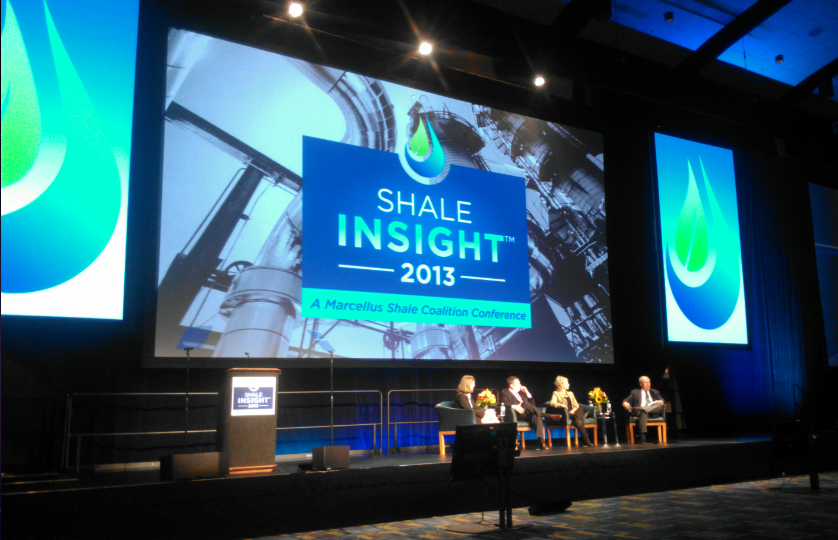Yes, it remains one of my pet peeves. Right up there with people pretending the phrase "running out of oil" has anything to do with Peak Oil (it doesn't), and smart people repeatedly saying "Energy Independence" when they really mean "Energy Security."
And you know you've heard the pithy quote before:
"The Stone Age didn't end for lack of stone, and the oil age will end long before the world runs out of oil."
The quote is usually attributed to Saudi oil minister Sheik Ahmed Zaki Yamani in the 2005 New York Times article "The Breaking Point." And the quote is usually used by those looking to ridicule the concept of Peak Oil - suggesting that oil supply constraints are not and never will be a problem - that we can just sit back, relax, and let everything work itself out. But in recent years, it's also been used by renewable energy proponents to suggest a transition away from oil as Steven Chu did in his farewell letter to the Department of Energy.
But the quote is really really stupid for two reasons. One obvious and one not so obvious.
First, the obvious point that should embarrass anyone even attempting to shoe-horn this quote into their speech: PEOPLE DIDN'T BURN STONES FOR FUEL!!!
Directly comparing stones to oil just because someone added the word "age" to both, is moronic.
Second, each transition to a new energy source in human history was done from a lower energy dense fuel to a higher energy dense fuel. Wood gave way to Coal which gave way to Gas & Oil, and these transitions were made because the new fuel was BETTER.
Of all the fuels known to man, oil represents the best combination of price, storage, transportability, safety, and energy density ever known.
Transitioning from one fuel to another isn't easy, it takes time and effort. It's not like flipping a light switch. And it's made even harder when the transition is likely a step backwards from oil - a new concept to humans.
When they say the oil age won't end for lack of oil, they're exactly right. But our policy choices will determine if the oil age ends smoothly or ends only through great challenge and hardship.






























